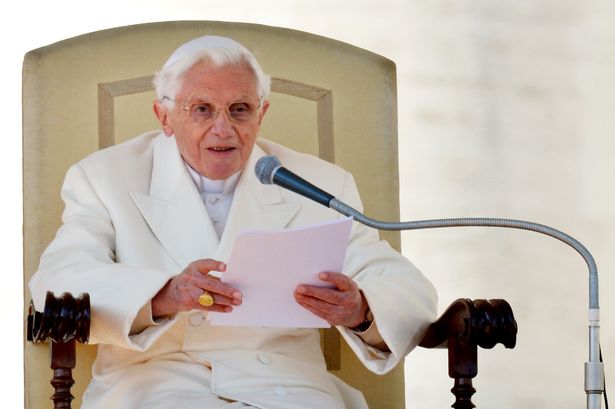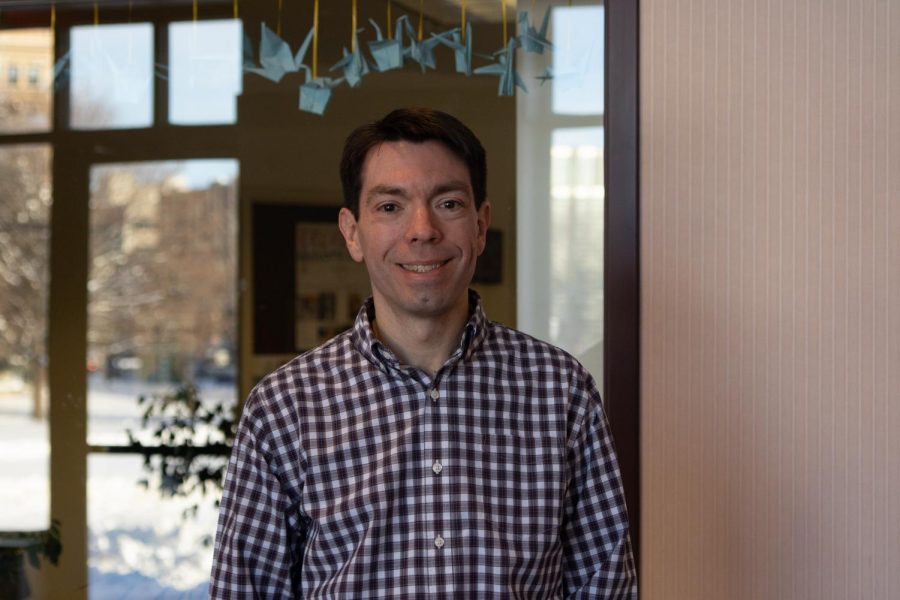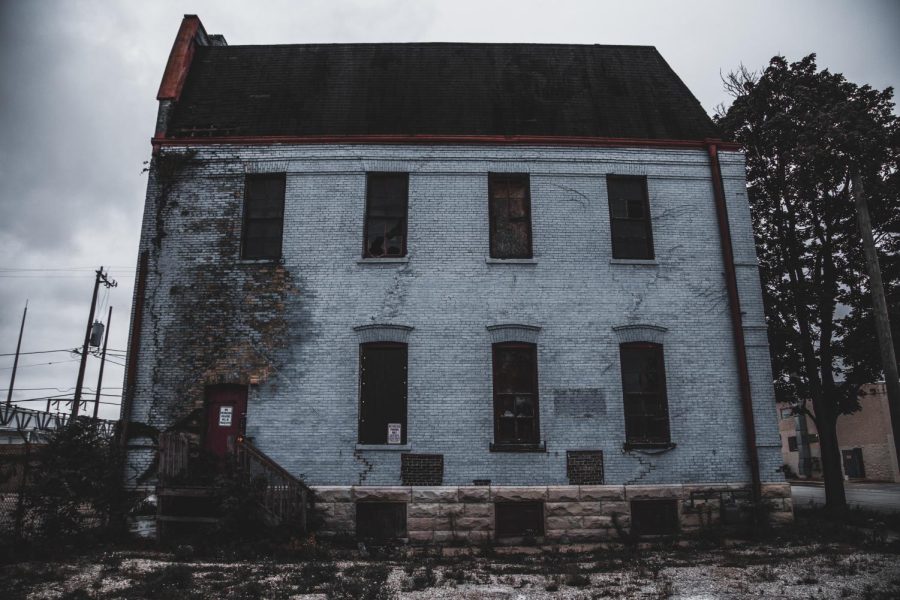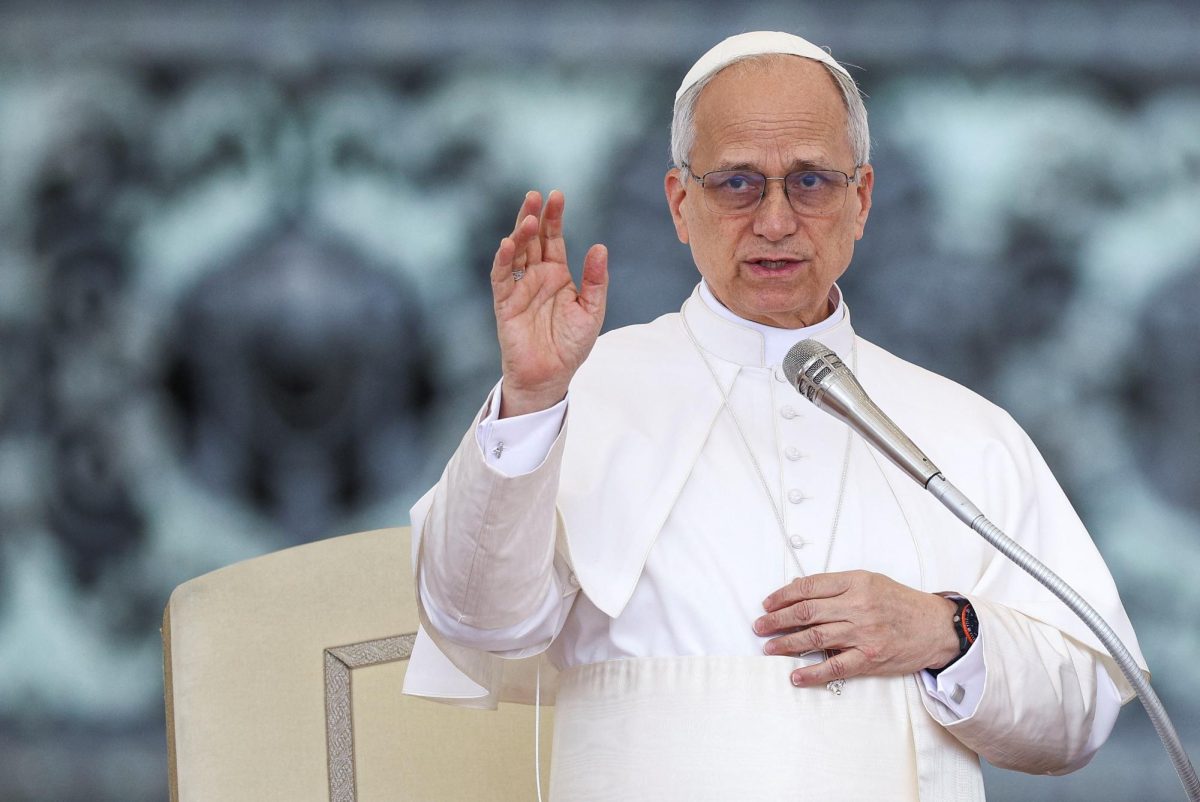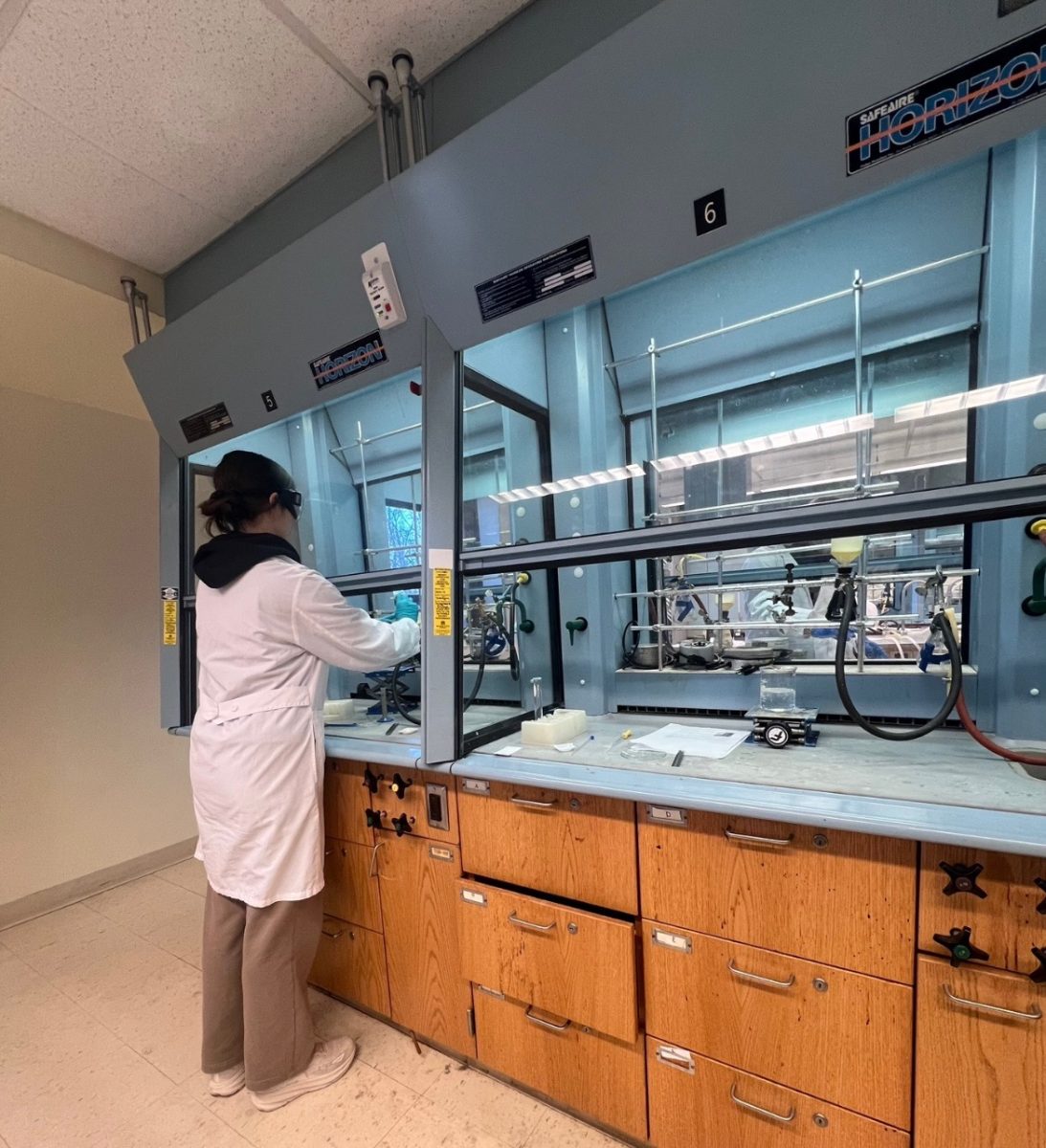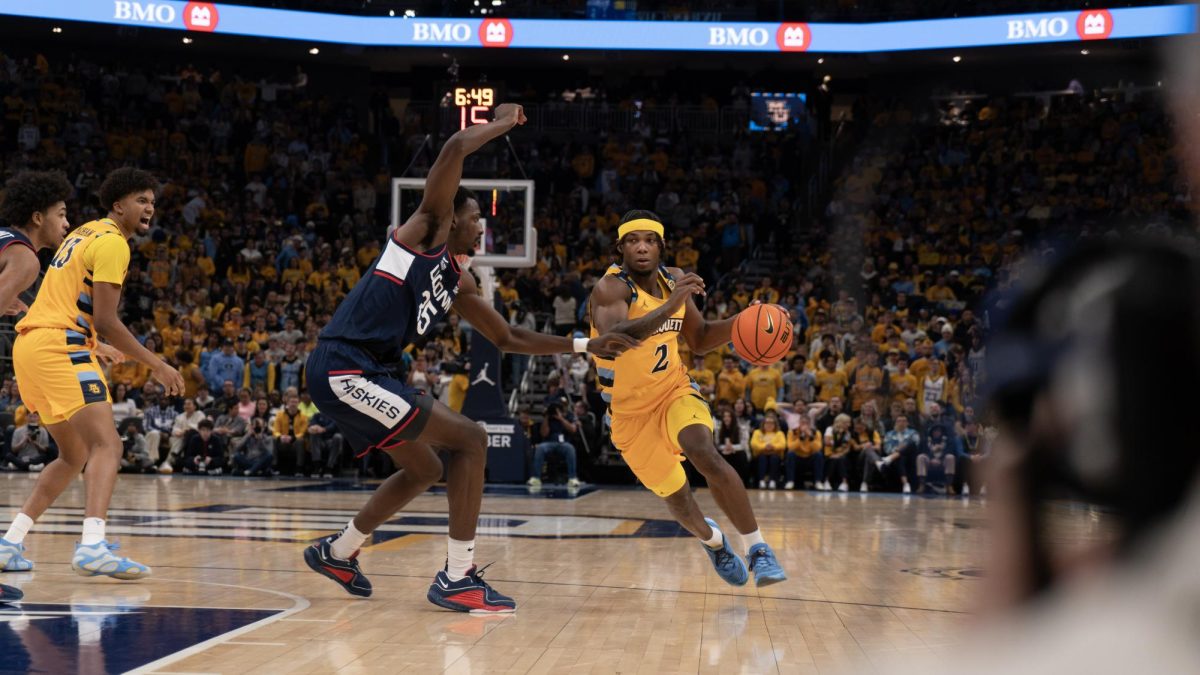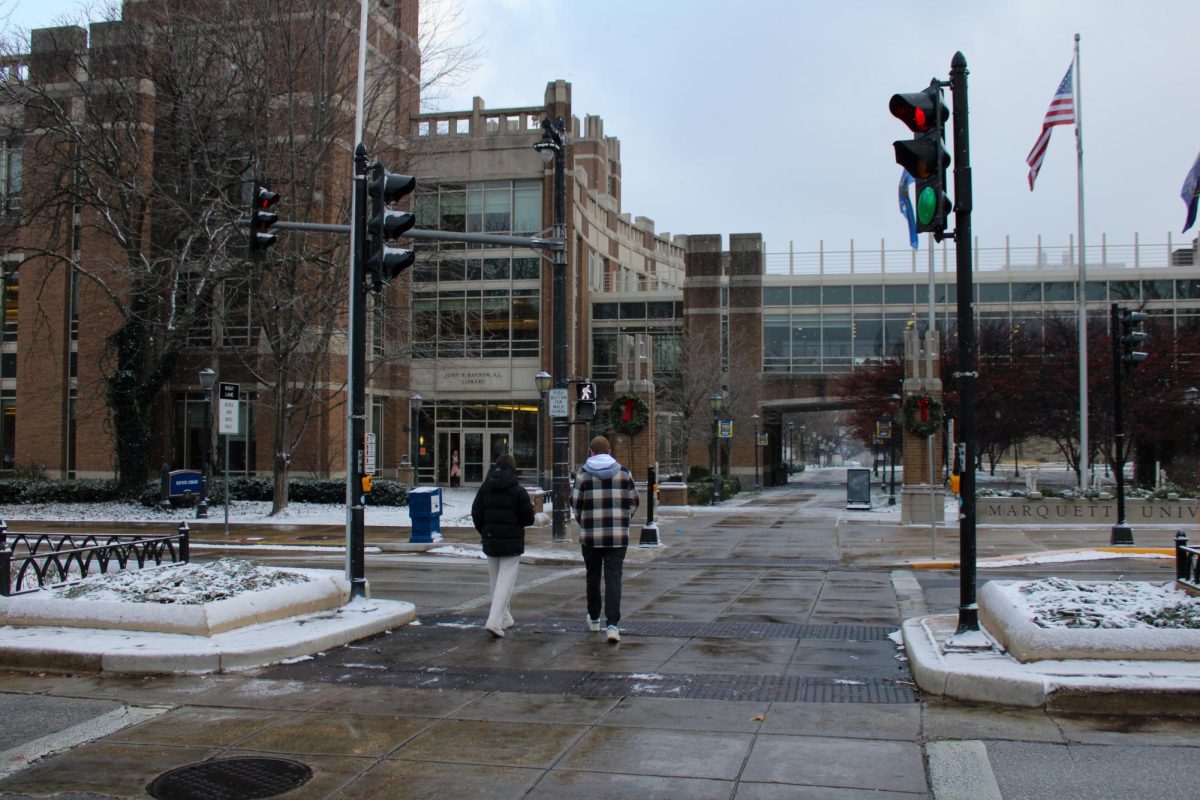The eyes of the world will turn to the Vatican next week as the conclave to elect the next pope gets underway, after Pope Benedict XVI steps down today following nearly eight years in office.
A ceremony was held yesterday morning in which Benedict gave his final public presentation as pope and expressed gratitude. Late last night, he left for his summer residence of Castel Gandolfo and officially took the title of ‘pope emeritus.’ Pope Benedict announced his resignation two weeks ago and said he wanted to leave the office before he became physically and mentally incapable of performing his duties.
The established method to elect the next pope in Catholic canon law normally begins 15 to 20 days after the death of the previous pope. However, Benedict recently amended that rule to allow for an earlier conclave once all the cardinals are gathered. This decision has been viewed as an effort to elect a new pope prior to the Church’s celebration of this year’s Holy Week, which will begin March 24 and culminate with Easter on March 31.
According to the traditional rules of conclave, once the College of Cardinals is gathered in the Sistine Chapel in the Vatican, the actual election begins with secret balloting. Each cardinal writes down his choice for the next pope, and then the ballots are gathered and counted. If the number of ballots matches the number of cardinals, then the ballots are read and the votes are recorded. A candidate must receive a minimum of two-thirds of the vote to be elected. Four elections are held every day until a candidate is chosen.
The upcoming conclave procedure has been somewhat shadowed by controversies of sexual abuse in the Church. Most recently, Roger Mahony, the former archbishop of Los Angeles, was stripped of all his formal titles within the Church Jan. 31 after documents surfaced showing direct ties to his involvement shielding priests accused of sexually abusing minors from legal prosecution. Mahony was elevated to the position of Cardinal of Santi Quattro Coronati in 1991 by Pope John Paul II and is eligible to participate in the conclave.
According to information released by the U.S. Conference of Catholic Bishops regarding the conclave process, “Only cardinals under the age of 80 at the time of the pope’s death are eligible to vote in papal elections (by order of Pope Paul VI in 1970 and reaffirmed by Pope John Paul II in Universi Dominici Gregis).” There are no other restrictions for cardinals other than age and ability to be in the Vatican during the conclave period.
Mahony will travel to Rome to vote for the new pope, although there is already public criticism about his presence there. Several groups dedicated to helping victims and survivors of sexual abuse from Catholic priests have spoken out against Mahony attending.
Speculation about the next pope began almost immediately after Benedict announced his resignation. Many believe the next pope will be an Italian because the last non-Italian pope prior to John Paul II lived during the 16th century, while others speculate that a non-European individual may be elected. Possible candidates who have emerged since Benedict’s announcement range from Marc Ouellet, a Canadian cardinal from Quebec, to Timothy Dolan, the American cardinal from New York and former Archbishop of Milwaukee. The top European contender is Cardinal Angelo Scola from Milan and Cardinal Gianfranco Ravasi, who works in the Roman Curia.
Some people are even making bets on who will be elected. The website Paddy Power is taking odds on the next pontiff. Currently, Scola is tied with Peter Turkson, the cardinal from Ghana, for the lead, with three to one odds.
The Rev. Steven Avella, a history professor at Marquette, said there is the possibility that Benedict could indirectly influence the election by suggesting his preferences. Avella said, however, that the College of Cardinals may also want to take a new direction and will not let Benedict impact the vote.
“I want a pope who embraces the whole world,” Avella said. “Someone who can reach out to the marginalized and convey to the world the love of Jesus.”
Others at Marquette have similar ideas about the characteristics the next pope should possess.
“I’d love to see a pope who is not only open to change in the Church but also leads it,” said Kristen Steinfeld, a junior in the College of Business Administration. Steinfeld is currently studying abroad in San Sebastian, Spain, and identifies as Catholic. “There are many things that I personally believe the Catholic Church needs to change without allowing our rich tradition to be thrown to the wayside.”
Seamus Doyle contributed reporting from Rome.

